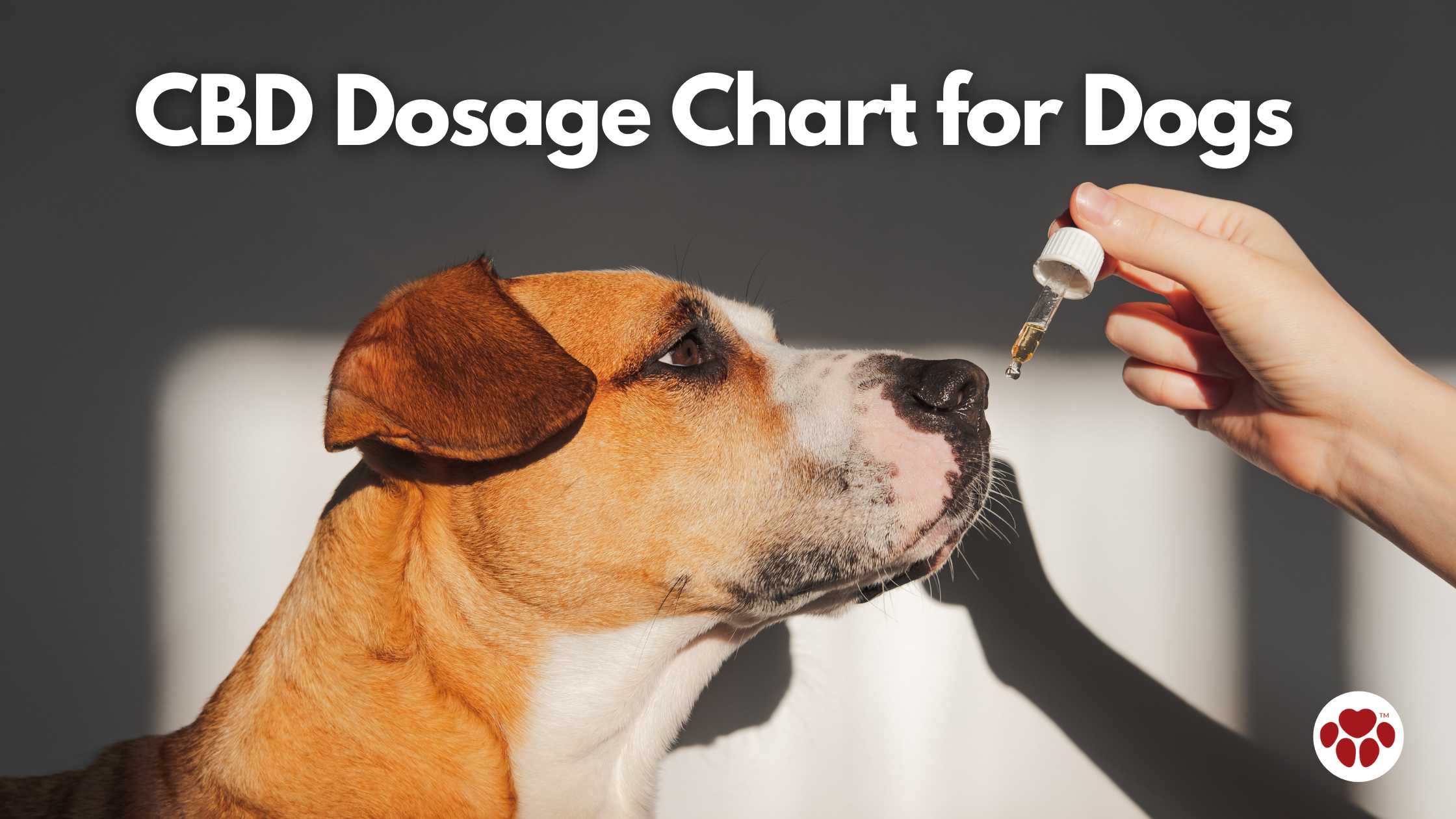
Rottweiler Life Expectancy and Common Health Concerns
Rottweiler Life Expectancy and Common Health Concerns
Rottweilers are known for their intelligence, loyalty, and protective nature. With the right care and attention, they can be your faithful companion for up to 10 years or more. However, like any breed, Rottweilers are prone to certain health issues that can impact their lifespan.
Get ready to embark on a journey of knowledge and discover actionable insights to ensure your Rottweiler enjoys a fulfilling and vibrant life by your side as we discuss the following:
- Factors influencing Rottweiler life expectancy
- Common health concerns in Rottweilers
- Nutrition, exercise, and mental stimulation for promoting a long and healthy life in Rottweilers
- Regular veterinary care and vaccinations for Rottweilers
- Role of CBD Oil in managing Rottweiler Health Concerns
- Common misconceptions about Rottweiler life expectancy
Factors influencing Rottweiler life expectancy

When it comes to Rottweiler life expectancy, several factors come into play.
Genetics
Genetics play a significant role, as certain health conditions can be hereditary such as immunological defects (Day, 1999), myopathies (Shelton, D, et al., 2015), and multiple congenital defects and skin abnormalities (Lewis, et al, 1998). It's important to choose a reputable breeder who conducts health tests on their Rottweilers to reduce the risk of inherited diseases.
There are more than 250 recognized genetic health conditions in Rottweilers and genetic testing is part of the responsible dog breeding program (Peterson, 2023).
Quality of Care
Another factor that affects Rottweiler life expectancy is the quality of care they receive. Proper nutrition, regular exercise, and routine veterinary check-ups are essential for maintaining their overall health and well-being (Socha, S., Mirońska, M. & Kołodziejczyk, D., 2023).
Additionally, the environment in which they live, including exposure to toxins and hazards, can also impact their lifespan.
Common health concerns in Rottweilers

Rottweilers are generally a healthy breed, but like all dogs, they are prone to certain health issues. By being aware of these common concerns, you can take proactive measures to ensure your Rottweiler lives a long and happy life.
Hip and Elbow Dysplasia
One of the most prevalent health issues in Rottweilers is hip and elbow dysplasia. These conditions occur when the hip or elbow joints don't develop properly, leading to pain, lameness, and arthritis. Regular exercise, maintaining a healthy weight, and providing joint supplements can help manage these conditions.
The study of Kirberger, RM in 2015 showed that “preventing hip and elbow dysplasia in Rottweilers through minimum breeding requirements significantly improved breeding stock, suggesting that minimum requirements should be implemented for all breeds at risk of these conditions.”
In 2005, the study of Paster, E., et al published in the Journal of the American Veterinary Medical Association showed “the prevalence of canine hip dysplasia (CHD) in Rottweilers ranged from 41% to 69%.”
Read more about Dog Dysplasia in the article “Exploring CBD Oil's Benefits for Dogs' Dysplasia Comfort”.
Cardiovascular Disease
Rottweiler is one of the most represented pure breeds with a high prevalence of congenital heart diseases (Brambilla, P., et al, 2020).
This can include conditions such as heart murmurs, dilated cardiomyopathy, and aortic stenosis. Regular veterinary check-ups, a heart-healthy diet, and appropriate exercise can help prevent or manage these conditions.
Obesity
Obesity is also a significant concern for Rottweilers (Newett, H. & Morrison, B., 2023). Being overweight puts strain on their joints and organs, increasing the risk of various health problems. Feeding a balanced diet, portion control, and regular exercise are key to preventing obesity in Rottweilers (Bland, I., et al., 2009; Robertson, ID., 2003).
Cancer
Lastly, Rottweilers are more susceptible to certain types of cancer, including osteosarcoma, lymphoma, and hemangiosarcoma. The study of Edmunds G, et al., in 2021 identified Rottweiler breeds having the highest risk of osteosarcoma.
In 2009, Lobetti, R. also concluded that “genetic predisposition may play a role in lymphoma development in related Rottweilers, as no environmental trigger was identified,” in his study of lymphoma in 3 related Rottweilers from a single household.
Early detection, regular veterinary check-ups, and a healthy lifestyle can improve the chances of successful treatment and longer survival rates. Read here CBD Oil's Supportive Potential in Dogs' Cancer Care
Tips for promoting a long and healthy life in Rottweilers

While some health concerns may be unavoidable, there are several proactive steps you can take to promote a long and healthy life for your Rottweiler.
Nutrition and diet for Rottweilers
Proper nutrition is essential for maintaining a healthy weight and preventing various health issues in Rottweilers. Choose a high-quality dog food that is specifically formulated for large breeds. Ensure the food contains the right balance of protein, fats, carbohydrates, vitamins, and minerals. Like any other dog, Rottweiler’s diet should be age-appropriate (puppy, adult, senior) to meet their nutrient requirements. Feeding puppies with large-breed growth food slows their growth rate, eventually decreasing the incidence or severity of hip dysplasia in adults.
Omega-3, -6, and -9 fatty acid supplements as well as glucosamine, chondroitin, and methylsulfonylmethane (MSM), are beneficial for Rottweiler’s coat and cardiac function and joints support, respectively (Newett, H. & Morrison, B., 2023). Avoid overfeeding and monitor your Rottweiler's weight regularly to prevent obesity.
Exercise and physical activity for Rottweilers
Regular exercise is crucial for Rottweilers to maintain a healthy weight, prevent boredom, and stimulate their minds. Engage in daily walks, play fetch, or consider activities such as obedience training or agility courses. Be mindful of your Rottweiler's age and any existing health conditions when determining the appropriate exercise routine. Read about “Dog Training Tips: Do's and Don'ts”
Mental stimulation and socialization for Rottweilers
Rottweilers are intelligent dogs that thrive on mental stimulation. Provide interactive toys, puzzles, and training sessions to keep their minds engaged. According to the American Kennel Club (AKC), “roughhousing with the Rottweiler may encourage aggression and should be avoided.”Socialize your Rottweiler from a young age, exposing them to different environments, people, and animals. This will help prevent behavioral issues and ensure they are well-adjusted and confident. Here are 5 Tips for Anxious Dogs.
Regular veterinary care and vaccinations for Rottweilers

Routine veterinary care is vital for keeping your Rottweiler healthy and detecting any potential health issues early on. Schedule regular check-ups, vaccinations, and dental cleanings.
Discuss with your veterinarian about preventive measures such as non-core vaccines, flea and tick control, heartworm prevention, and appropriate vaccinations for your Rottweiler's lifestyle.
Role of CBD Oil in managing Rottweiler Health Concerns
CBD oil has gained attention in recent years for its potential health benefits in both humans and pets, including dogs like Rottweilers. Rottweilers, like many other breeds, can suffer from various health concerns, and CBD oil may offer some relief or management for certain conditions. However, it's essential to approach its use with caution and under the guidance of a board-certified holistic veterinarian.
Pain Management: CBD oil plays a role in managing Rottweiler’s joint issues and musculoskeletal pain, especially as they age. CBD oil has been studied for its potential to alleviate pain and inflammation due to its interaction with the endocannabinoid system, which plays a role in regulating pain sensation (Brioschi, et al, 2020).
Anxiety and Stress Relief: Rottweilers can be sensitive dogs and may suffer from anxiety in various situations, such as separation anxiety, loud noises, or unfamiliar environments. CBD oil has shown promise in reducing anxiety and stress in dogs by promoting relaxation and calmness without causing sedation (Hunt, et al, 2023).
Digestive Health: Rottweilers can experience digestive issues such as irritable bowel syndrome (IBS) or inflammatory bowel disease (IBD). CBD oil has been explored for its potential to regulate gut function and reduce inflammation in the digestive tract, which could contribute to improved digestive health (Esposito, et al, 2013).
Cancer Support: Unfortunately, cancer is a concern for many dog breeds, including Rottweilers. While CBD oil is not a cure for cancer, some studies suggest it may help manage symptoms associated with cancer, such as pain, inflammation, and nausea. It may also potentially slow the growth of cancer cells (Henry, J., et al, 2020), although more research is needed in this area. Read “Shrinking Dog’s Tumors: The Potential of CBD Oil”
When considering using CBD oil for your Rottweiler, it's crucial to consult with a veterinarian first. They can provide guidance on dosage, potential interactions with other medications, and whether CBD oil is an appropriate option for your dog's specific health concerns.
Additionally, be sure to choose a high-quality CBD oil, specifically formulated for pets, such as CBD Full-Spectrum Happy-Furever Oil, as human products may contain ingredients that are harmful to dogs.
Common misconceptions about Rottweiler life expectancy

While it's true that Rottweilers have a shorter life expectancy compared to smaller breeds, with proper care, they can live a fulfilling life well into their senior years. According to AKC, Rottweilers have a life expectancy of 9-10 years.
Another misconception is that Rottweilers are inherently aggressive and prone to aggression-related issues. While Rottweilers are protective by nature, proper socialization, training, and responsible ownership can greatly reduce the risk of aggression.
Read Why Do Dogs Have Food Aggression and How to Prevent It?
It's important to understand that each Rottweiler is an individual and their lifespan and temperament can vary. By providing a loving and nurturing environment, along with proper care and attention, you can help your Rottweiler live a long, happy, and fulfilling life.
Final Thoughts
Understanding the factors that influence Rottweiler life expectancy and being aware of common health concerns is crucial for ensuring dogs live a long and happy life. By providing a balanced diet, regular exercise, routine veterinary care, supplements, mental stimulation, and socialization, you can greatly enhance their overall well-being.Remember, Rottweilers are loyal and loving dogs that deserve the best care possible. With the owner's commitment and dedication, Rottweilers have the best chance at a long and fulfilling life.
Embrace the journey and enjoy the precious moments with your Rottweiler, knowing that you are doing everything you can to ensure their well-being and happiness.

















